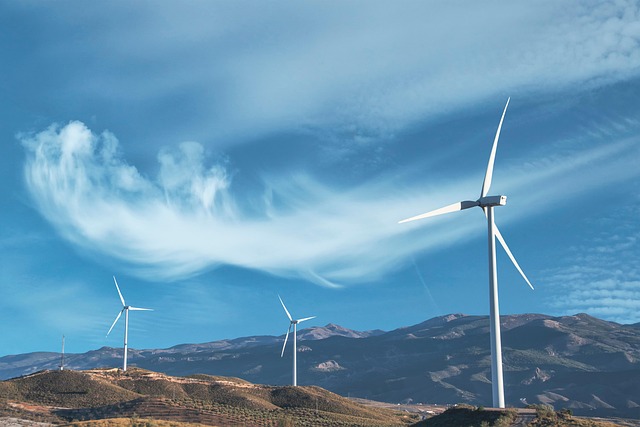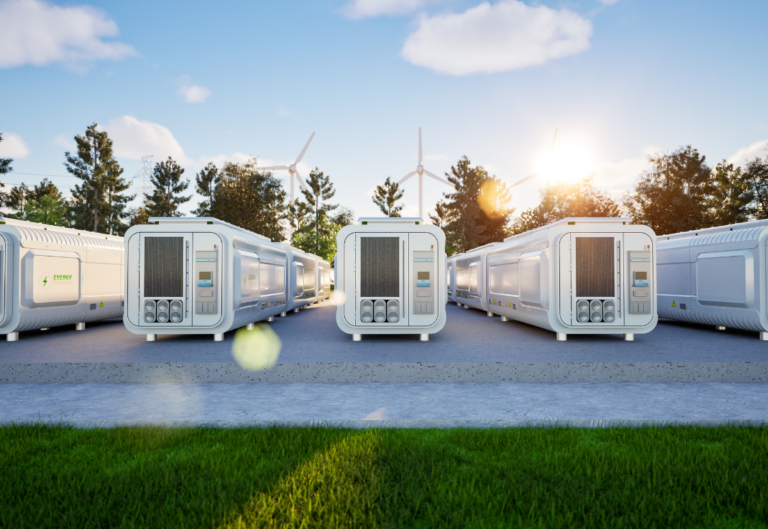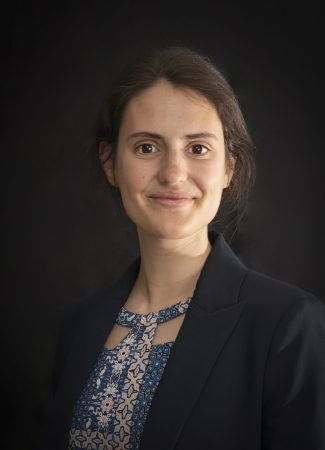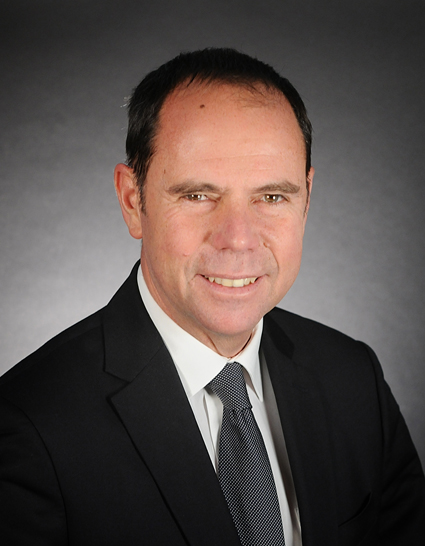Our February article envisaged the end of a lengthy saga in the gas sector… and yet, here we are again with a new instalment!
Following last December’s publication of a number of Decrees on natural gas consumption interruptibility, awaited for over four years, the long saga of France’s gas storage problem appeared to have finally come to its conclusion.
Indeed, with the transition from 1st January 2018 to a regulated system of third-party access (TPA) to natural gas storage, remuneration for storage operators (Storengy, Teréga and Géométhane) is no longer based on rates ‘freely’ set by operators – and deemed prohibitive by the market – but rather on a dual system:
- An auction, with no reserve price, of storage capacities;
- In the event that the auction revenue is insufficient, compensation determined by the CRE [Energy Regulatory Commission] to make up this difference and cover all operators’ regulated costs, levied on consumers through gas transmission charges.
With many voices having spoken up to explain that compensation would impose a heavy burden on costs for industrial players, electricity producers, etc., interruptibility has been resorted to as a sort of loophole for storage compensation… a site need only be recognised as interruptible (particularly with ‘secondary interruptibility’, uncompensated) for it to largely avoid this compensation! The loop was closed…
Furthermore, the auctioning campaign for gas storage capacities covering the period from 1st April 2020 to 31 March 2021 went very well this year. In fact, Storengy announced on Friday 28 February the end of its auctioning campaign, reporting a ‘very positive result’ with 100% of the capacities offered, i.e. over 94 TWh of storage, having been sold. The average sale price was €3.7/MWh, showing a continuous increase over time: €1.9/MWh in June 2019, €3.3/MWh in November 2019, €5/MWh in January 2020, and finally €5.2/MWh in February 2020 (excluding the Sediane B product).
Similarly, Teréga, which operates gas infrastructures in the southwest of France, observed that very same trend. For the last auctioning campaign, demand remained strong, with an oversubscription oscillating between 7 and 13 times the volume offered and with rising prices, with a high of €5.97/MWh having been observed during the auction of 19 February.
‘The bidders made significantly higher offers than the simple summer/winter price difference for gas on wholesale markets,’ Storengy noted. ‘The revenues from these auctions represent nearly three quarters of the authorised revenues for the three storage operators, making it possible to reduce compensation for the benefit of end consumers,’ Storengy explained.
Thus, everything seemed to be going well, with storages fully filled-up, increased bids, and lower compensation, even if the CRE did decide, with the new ATRT7 gas transmission tariff, to extend the collection basis by including customers connected to the transmission network…
The Commission’s investigation
Suspecting some sort of ‘State aid’, the European Commission announced on that very Friday, 28 February, the launch of an in-depth investigation into the regulatory mechanism for natural gas storage in France. The purpose of this investigation is to verify whether the regulated system is in compliance with European Union rules on State aid.
In 2019, the compensation paid to the three operators amounted to €540 million. The Commission explains that if ‘France has a legitimate interest in ensuring the security of energy supply to its citizens and businesses, the role of the European Commission is to make sure that the measures taken are cost-effective and safeguard competition so that consumers pay a fair price for natural gas.’
At this stage, the Commission has some particular doubts over whether the valuation method for regulated assets is sufficiently justified. This component is essential for determining whether the amount of aid is limited to the minimum necessary for ensuring security of supply. ‘France did not carry out an independent economic evaluation of the market value of the assets at the time when the regulation mechanism was implemented. Moreover, the mechanism remunerates investments made before the revenue of the storage operators was regulated. Yet, France has not assessed whether this revenue has allowed the storage operators to cover their initial investment cost,’ the Commission underlines.
The Commission therefore also has some doubts over whether the potential positive effects of the aid outweigh its potential negative effects on competition and trade between Member States. In particular, introducing the measure could artificially reduce the incentives to use LNG terminals and interconnections and might prompt gas suppliers to store gas in France rather than in neighbouring Member States.
This last comment seems to be the key to the problem, as well as the explanation for the excellent results from the storage auctions: with the current abundance of cheap gas, European operators have rushed to store their gas in France, where the storage reform of the end of 2017 created a capacity bubble.
In fact, storage operators have managed to obtain more than 130 TWh falling within the scope of regulated facilities, whereas the real need for storage to ensure security of supply in France would be lower.
French consumers are therefore being called upon to finance a storage volume which is higher than their needs….and thereby finance storage for the needs of other countries.
Even if the appetite for gas storage in France drove up the auction results, automatically leading to a reduction in compensation, it is not a foregone conclusion that French consumers will emerge as winners, compared with a regulation that would be limited to the strictly necessary volume, the remaining capacity being freely marketed by storage operators.
Essentially, we’re discovering – a little late – that gas storage is a competitive business and not a simple, natural monopoly such as transmission and distribution networks, which by nature need to be regulated.
Furthermore, and quite ironically, France resisted regulating storage from 2004 until the end of 2017, preferring the so-called ‘negotiated’ system for third-party access to storage (TPA-S) while the European Directive of 2003 provided that the TPA-S could either be negotiated or regulated. And it is now the Commission that’s coming back to criticise the regulation finally being implemented!
For consumers, this latest twist can only be good news, which should – in the long run – make it possible to reduce the scope for storage giving rise to compensation. On the other hand, there is a lot of work to be done in terms of sorting out storage required to be assigned to the needs of supply continuity in France (in full or in part), with the remainder available for the needs of adjacent markets.
The interruptibility saga gives way to a new one on storage – quite a hit series!
Philippe Lamboley






